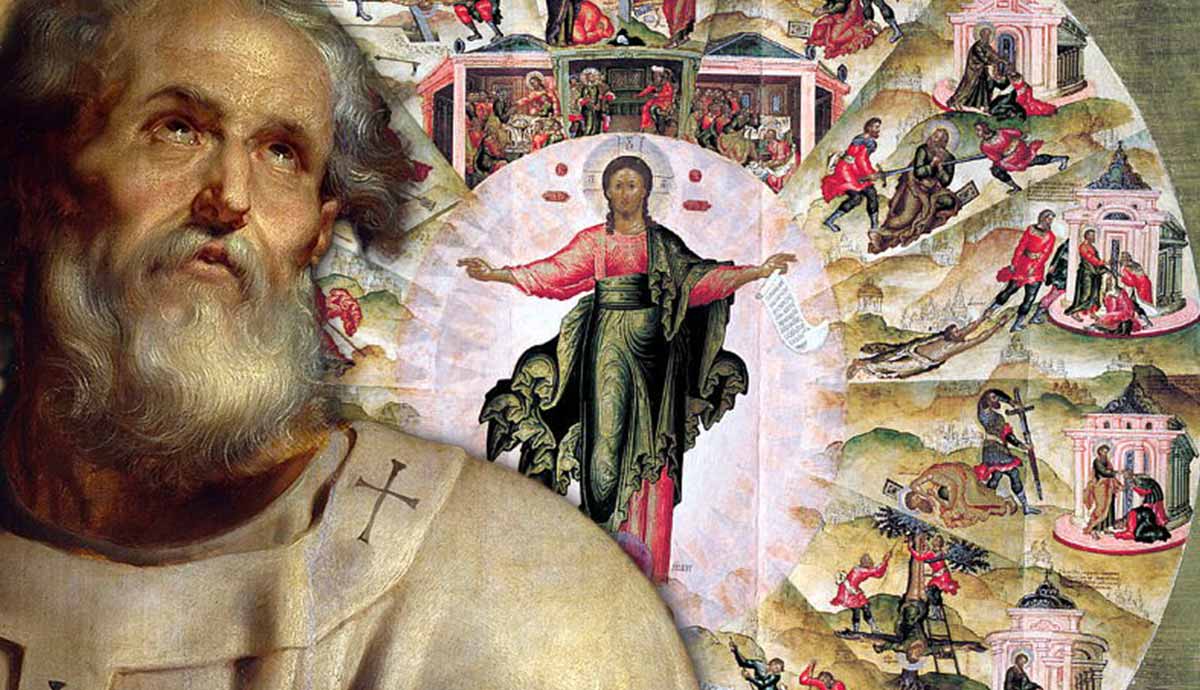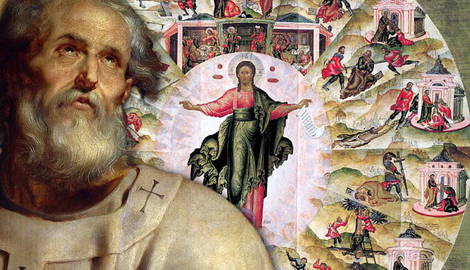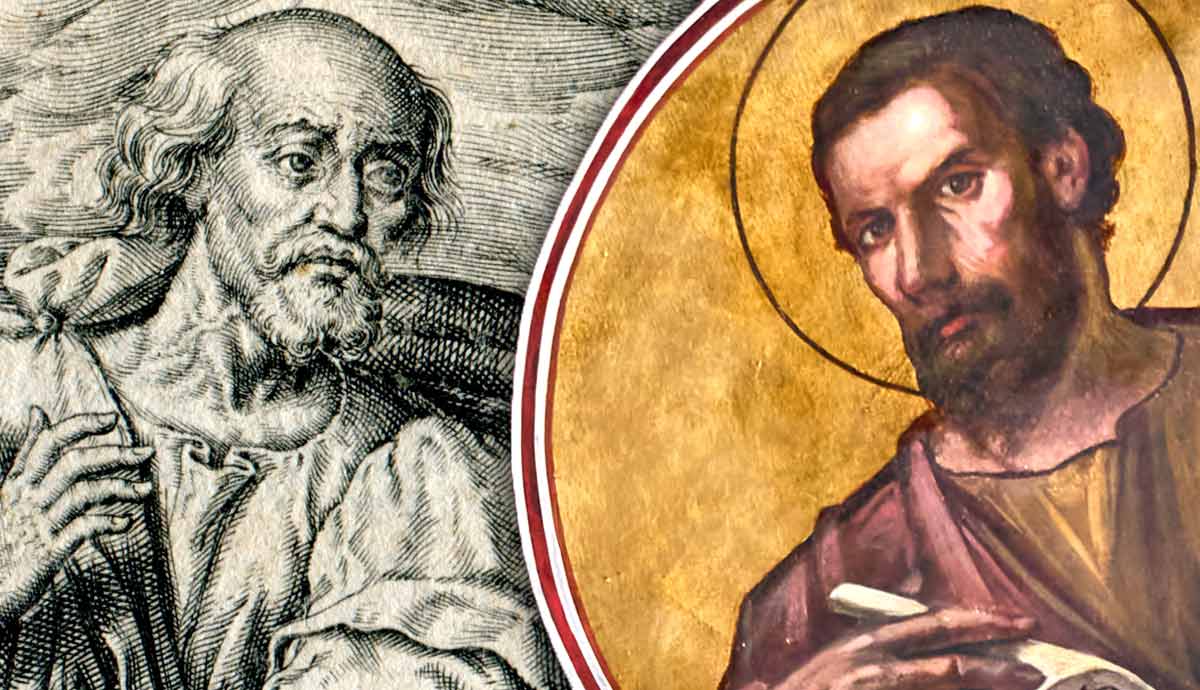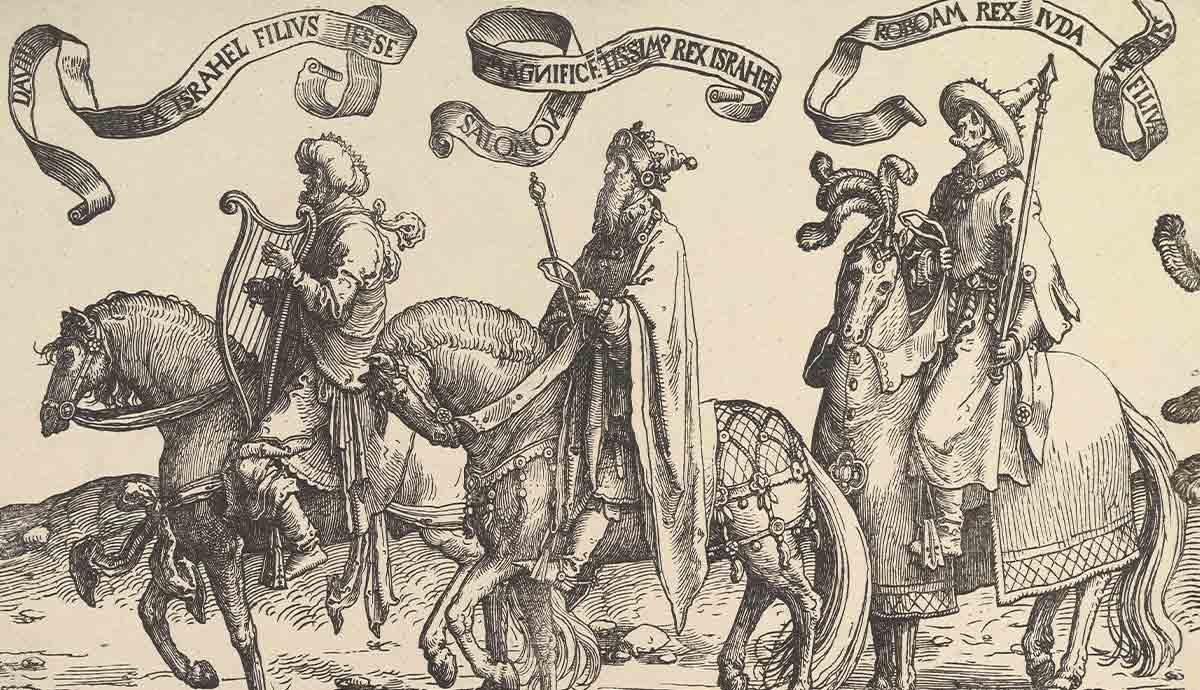
The Book of Acts is the story of the establishment of Christianity in the first three decades of its existence. It relates how God empowered his apostles to spread the gospel, perform miracles that served as evidence of his power, and withstand the onslaught of opposition to the Christian message in a predominantly pagan world. It also deals with internal struggles Christianity faced from its inception. The transition from a national to a universal religion was not easy, and early Christian leaders had to scrutinize many aspects of the Jewish origins of Christianity to determine what would become part of Christianity and what they would exclude.
Authorship and Date

The Book of Acts, or the Acts of the Apostles, is the sequel to the Gospel of Luke. There is an overlap between Luke 24 and Acts 1 as it relates to the ascension of Jesus, and Acts refers in its first verses to the first book the author wrote to Theophilus, of which it is a continuation. The author of these two books is the same person, though the author does not identify himself. The author got his information in his gospel account and much of Acts from research, though in some sections, where the third person pronoun “they” changes to “we,” he demonstrates that he was an eyewitness to events.
Tradition holds that the author was Luke, a physician (Colossians 4:14). Early external evidence that Luke was the author appears in the Muratorian Canon (170 CE) as well as the Ecclesiastical History (3.4), by Eusebius. The interplay between first and third-person pronouns aligns with such an attribution, providing internal corroboration. Luke stands out as the most likely author of the book.
The last chapter of Acts takes place around 60-62 CE when Paul was in prison in Rome, where he also wrote some of his epistles. Many scholars consider the Book of Acts incomplete because it ends abruptly, which may mean the book is from a later date. However, although Luke alludes to future events in his gospel (Luke 6:16), he makes no allusions to the Great Fire of Rome, the destruction of Jerusalem, or any other events to indicate that Luke may have written it significantly later than the content it relates.
Historical Context

Like the Gospel of Luke, the Book of Acts is addressed to Theophilus. He may have been a person, but the name means “lover/friend of God” deriving from the Greek words “theos” (Θεός), meaning “God,” and “philos” (φίλος), meaning “friend” or “lover.” The meaning of the name may imply that Luke wrote the Gospel of Luke and Acts to a more general audience, who were looking to learn more about God.
The Book of Acts relates the story of the growth of Christianity from its origins in Jerusalem on Pentecost to its establishment in major cities throughout the Roman Empire. The general setting is a pagan world that opposes the fledgling monotheistic religion.
Structure

Some have suggested that the words of Jesus in Acts 1:8 provide a blueprint for the structure of the book. The verse references Jerusalem, Judea, Samaria, and then the end of the earth. Chapters 2 to 7 take place in Jerusalem and the surrounding areas (Judea), while Chapter 8 sees the gospel spreading to Samaria and then further afield to parts of the world that would have been considered the ends of the earth.
Peter and the disciples’ ministry in Jerusalem, Judea and Samaria
Chapters 2-8 focus on the outpouring of the Holy Spirit, resulting in the disciples being able to speak in tongues (foreign languages) to spread the gospel to visiting Jews from all over the known world. It then relates how the message spread through miracles and preaching to Judea and Samaria. It explains how opposition to the gospel resulted in persecution.
Saul’s conversion and ministry to the Gentiles
Chapters 9-24 deal with the continued spread of the gospel, though some scenes have key players return to Jerusalem to iron out contentious theological matters. It starts with Saul, his persecution of Christians, and his conversion. Luke calls Saul by the Greek rendition of his name, Paul, when he later ministers to Gentiles.
From the Book of Acts, it is evident that Paul went on at least three missionary journeys, establishing churches wherever he went. The narratives on the churches he planted often provide a backstory to the epistles he wrote to the believers there. Reading the story of the establishment and the challenges Paul faced at a church often helps the reader understand the epistle(s) to that community better.
Main Themes

Empowerment by the Holy Spirit
The narrative in the first half of Acts 2 details the outpouring of the Holy Spirit and the effects on ministry to people from “every nation under heaven.” This empowerment manifested in the gift of speaking in tongues, though it also became evident through many other miracles that the apostles performed throughout the Book of Acts.
Importance of Mission and Evangelism
The majority of the Book of Acts narrates the missionary endeavors of the apostles. It highlights the importance of missions and the spreading of the gospel to establish and strengthen Christianity.
Unity in Diversity
Unity and diversity is a recurring theme in the Book of Acts. It was a challenge for the apostles and the many churches they established. Even today, this theme remains relevant to Christians all over the world.
Persecution and Suffering
The text of Acts quickly dispels the utopian idea that Christians will never face challenges. Many chapters of Acts record the suffering and persecution of early Christians. Throughout history and up to this day, it seems like there was never a time when a group of Christians were not persecuted somewhere on earth. This theme in Acts provides guidelines for conduct and hope for those who suffer in various ways and to different degrees.
Key Passages

Acts 1:8
“But you will receive power when the Holy Spirit has come upon you, and you will be my witnesses in Jerusalem and all Judea and Samaria, and to the end of the earth.”
This commission and promise of divine assistance is central to the narrative of Acts. It provides the blueprint for the mission that started in Jerusalem, spread throughout Judea and Samaria, and then on to the farthest reaches of the Roman Empire and beyond.
Acts 2:1-4
“When the day of Pentecost arrived, they were all together in one place. And suddenly there came from heaven a sound like a mighty rushing wind, and it filled the entire house where they were sitting. And divided tongues as of fire appeared to them and rested on each one of them. And they were all filled with the Holy Spirit and began to speak in other tongues as the Spirit gave them utterance.”
The outpouring of the Holy Spirit fulfilled the promise of Acts 1:8. It also sees type and antitype meet as the feast of weeks prefigured this event. The Holy Spirit counter-acted the confusion of tongues that started at Babel many centuries before and allowed the gospel to spread faster and farther than it otherwise would have been able to.
Acts 9:3-4
“Now as he went on his way, he approached Damascus, and suddenly a light from heaven shone around him. And falling to the ground, he heard a voice saying to him, ‘Saul, Saul, why are you persecuting me?’”

The conversion of Paul, a fanatical Jewish religious leader, to Christianity was a significant event that resulted in the spreading of the gospel among the Gentiles from Judea to the farthest reaches of the Roman Empire. This personal encounter between Jesus and Saul was the beginning of that process.
Acts 15:7
“And after there had been much debate, Peter stood up and said to them, ‘Brothers, you know that in the early days, God made a choice among you, that by my mouth the Gentiles should hear the word of the gospel and believe.’”
There was great resistance to Gentile acceptance into the early Christian faith. It took a council to establish the principle that the Christian community must accept any Gentile who comes to believe.
Contemporary Relevance

The Book of Acts explains how God empowers his people to witness and share the gospel with others. It encourages us to endure whenever we are challenged or persecuted for our faith because we see how those who were active in evangelism in the early years of the church also suffered and endured.
Inclusivity is a major theme in Acts. Where Christians of Jewish descent were resistant to the Gentile mission, Paul was instrumental in breaking the barriers and reaching across barriers others considered impossible. Contemporary Christianity is similarly exclusionary in its views and the principles the early Christian pioneers struggled with and overcame should be studied.
The principle of unity is a golden thread that can be followed through the Book of Acts. The vital role the Holy Spirit plays in working that unity is undeniable. The abrupt ending of the Book of Acts may suggest that the story of the church never ends. Rather, it continues through the ages as the contemporary believer contributes to the expansion of the community of believers.










